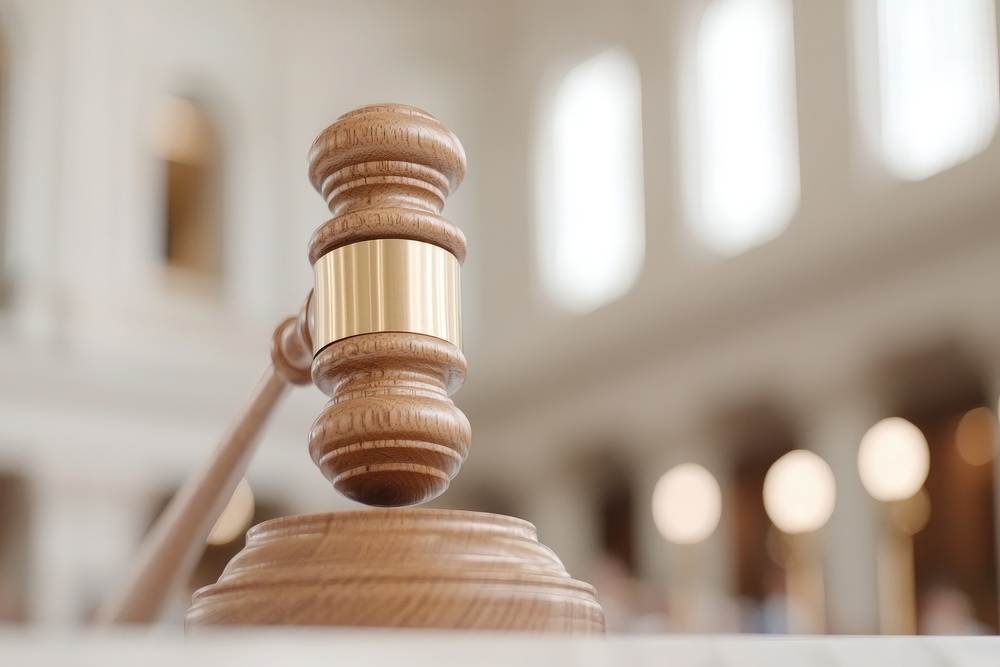Car accidents can happen in the blink of an eye—especially in a city like Anchorage, where snow, ice, and wildlife often create unpredictable driving conditions. If you’ve been involved in a car crash, the moments afterward can feel overwhelming. What you do next can significantly impact your health, your insurance claim, and any potential legal case.
This step-by-step guide will walk you through what to do after a car accident in Anchorage, from ensuring your safety to contacting a qualified car accident lawyer.
1. Ensure Safety First
The first and most important priority is safety. If you’re able to move and it’s safe to do so, check on any passengers and other drivers involved. Call 911 immediately if anyone is injured or if there’s significant damage.
In Alaska, you’re required by law to report an accident if it results in injury, death, or property damage over $2,000. Even in minor accidents, it’s a good idea to call the police. An official report can be crucial evidence later on.
2. Move to a Safe Location—If Possible
If your vehicle is blocking traffic but is still operable, carefully move it to the side of the road. If it’s not drivable, turn on your hazard lights and stay in a safe location until help arrives.
Keep in mind that in Anchorage, road conditions can change quickly—especially during winter months. Staying in your vehicle may be safer in freezing temperatures or on busy roads.
3. Exchange Information
Gather and exchange the following with all involved drivers:
- Full name and contact information
- Driver’s license numbers
- Insurance company and policy numbers
- Vehicle make, model, and license plate numbers
- Names and contact details of any witnesses
Be polite, but avoid admitting fault or discussing the specifics of the accident. Even a simple apology could be misconstrued as accepting blame.
4. Document the Scene
Use your smartphone to take clear photos and videos of the accident scene, including:
- Vehicle damage
- Skid marks
- Road signs or signals
- Weather and road conditions
- Injuries (if visible and appropriate)
These images can be valuable when filing your claim or if legal action becomes necessary.
5. Seek Medical Attention—Even If You Feel Fine
Some injuries, like whiplash or concussions, may not show symptoms right away. It’s essential to see a medical professional within 24–48 hours of the accident—even if you think you’re okay.
Getting prompt medical attention not only protects your health but also creates an official record linking your injuries to the accident. Insurance companies often use delays in treatment as an excuse to deny claims.
6. Notify Your Insurance Company
Report the accident to your insurance company as soon as possible. Stick to the facts, and avoid speculating about who was at fault.
Keep in mind: Alaska is an at-fault state, meaning the person responsible for the accident (and their insurance company) is liable for damages. However, insurance companies are not on your side. Before giving a recorded statement or accepting a settlement, it’s wise to speak with a lawyer.
7. Contact an Anchorage Car Accident Lawyer
If you’ve suffered injuries, lost wages, or significant vehicle damage, you should speak with a car accident attorney in Anchorage. A lawyer can:
- Help you understand your rights under Alaska law
- Deal with insurance adjusters on your behalf
- Investigate the accident and collect evidence
- Determine the true value of your claim
- Negotiate a fair settlement—or take your case to court if needed
Alaska has a two-year statute of limitations for personal injury claims, meaning you typically have two years from the date of the accident to file a lawsuit. Don’t wait too long to seek legal advice.
8. Keep Records and Stay Organized
Start a file that includes:
- Medical records and bills
- Repair estimates
- Correspondence with insurance companies
- Police reports
- A journal of your symptoms and recovery progress
These documents can help your attorney build a stronger case and ensure you receive full compensation for your losses.
Final Thoughts
Dealing with a car accident in Anchorage is never easy, but knowing what steps to take can make a huge difference. From the icy roads in winter to unexpected wildlife encounters year-round, Alaska drivers face unique challenges.
If you’ve been injured in a car crash, don’t try to navigate the legal process alone. An experienced Anchorage car accident lawyer can help protect your rights and fight for the compensation you deserve. We recommend anchorage car accident lawyer.





